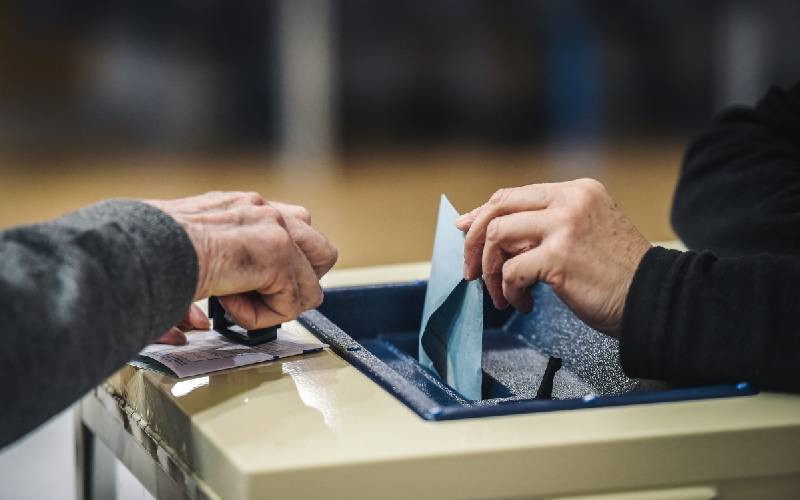×
The Standard e-Paper
Kenya’s Boldest Voice

EU voters go to the polls in a week, with far-right, nationalist parties expected to do well in the bloc's next parliament in a time of social and geopolitical uncertainty.
The outcome of the June 6-9 elections will help determine the makeup of the next European Commission, whose chief Ursula von der Leyen is hoping to earn a second term.







